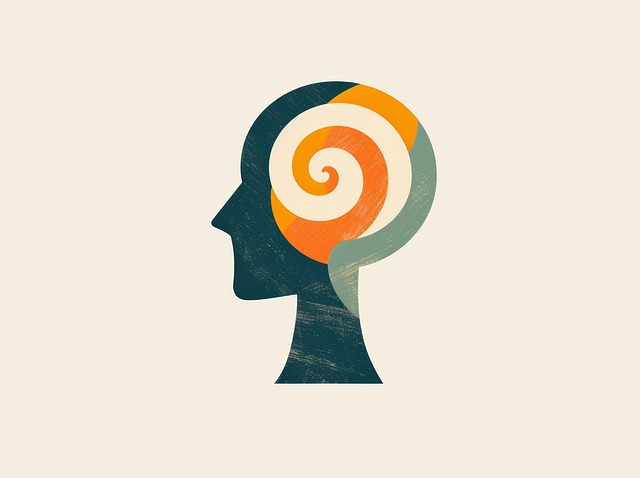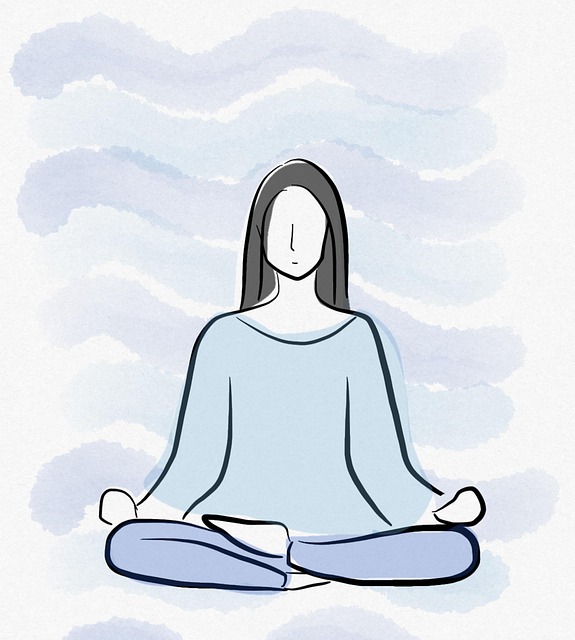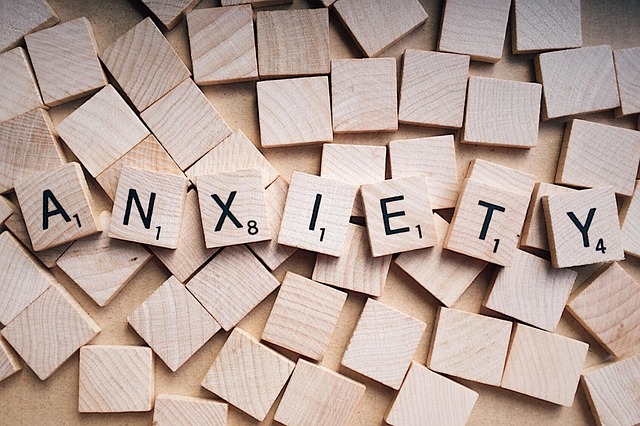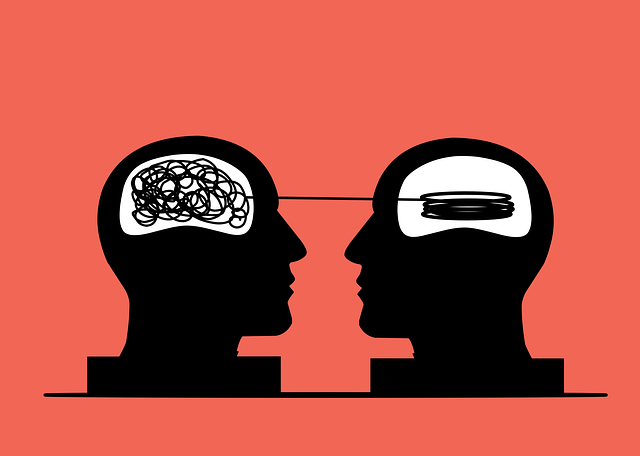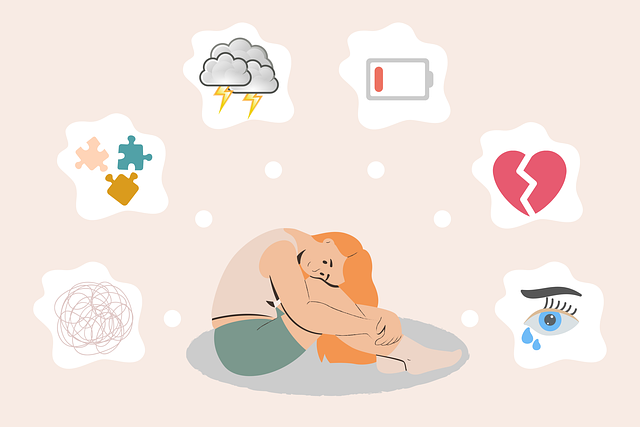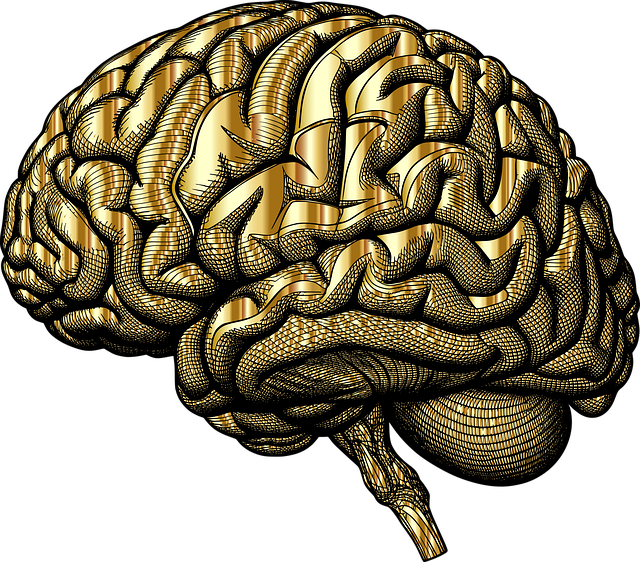Chronic stress can exacerbate bipolar disorder symptoms, emphasizing the importance of comprehensive stress management through Aurora Bipolar Disorder Therapy. This holistic approach combines techniques like mindfulness meditation, CBT, and relaxation strategies to improve mental, emotional, and physical well-being. Lifestyle modifications, community outreach, and innovative practices like yoga and art therapy support individuals in navigating their mental health journeys effectively, fostering resilience and promoting a calmer mindset.
Stress reduction is an essential aspect of maintaining good mental health. In this article, we explore various methods to alleviate stress, focusing on Aurora Bipolar Disorder Therapy as a holistic approach. We delve into lifestyle modifications, from diet and exercise to mindfulness practices, showing how these can foster a calmer mindset. Additionally, we introduce complementary techniques like meditation and nature therapy. Understanding the impact of stress on mental health, especially in bipolar disorder, is the first step towards embracing a more serene life.
- Understanding Stress and Its Impact on Mental Health
- Aurora Bipolar Disorder Therapy: A Holistic Approach to Stress Reduction
- Lifestyle Modifications for a Calmer Mindset
- Additional Techniques to Soothe and Sustain Relaxation
Understanding Stress and Its Impact on Mental Health

Stress is a natural response to various life challenges, but when it becomes chronic, it can significantly impact mental health. It’s essential to understand that stress isn’t always negative; acute or short-term stress can boost productivity and focus. However, prolonged exposure to stressful situations can lead to detrimental effects on both physical and psychological well-being. This is especially true for individuals with pre-existing mental health conditions like bipolar disorder. In the case of Aurora Bipolar Disorder Therapy, recognizing and managing stress becomes a crucial component of treatment.
Unaddressed stress can exacerbate symptoms of depression and anxiety, leading to potential relapses or increased severity of bipolar episodes. A comprehensive approach to stress reduction involves identifying personal triggers, adopting healthy coping mechanisms, and seeking professional support when needed. Crisis intervention guidance and risk assessment for mental health professionals play a vital role in teaching individuals effective strategies for managing stress and preventing depression.
Aurora Bipolar Disorder Therapy: A Holistic Approach to Stress Reduction

Aurora Bipolar Disorder Therapy offers a holistic approach to stress reduction, acknowledging that managing bipolar disorder involves more than just medical intervention. This therapeutic method focuses on the interconnectedness of mental, emotional, and physical well-being, recognizing that stress can manifest in various forms and impact individuals differently. By incorporating techniques such as mindfulness meditation, cognitive behavioral therapy (CBT), and relaxation strategies, Aurora Bipolar Disorder Therapy empowers individuals to navigate their mental health journey effectively.
Cultural sensitivity plays a crucial role in this approach, ensuring that treatments are tailored to meet the unique needs and experiences of diverse populations. Mental health policy analysis and advocacy are also integral parts of this holistic strategy, aiming to create supportive environments and access to care for those struggling with bipolar disorder. The ultimate goal is to foster mental wellness, promoting resilience and a sense of balance in individuals’ lives.
Lifestyle Modifications for a Calmer Mindset

Maintaining a calm mindset is paramount for overall health, especially for those managing conditions like bipolar disorder. Lifestyle modifications play a pivotal role in promoting emotional well-being and reducing stress levels. Simple yet effective changes can create a significant impact on mental wellness. For instance, incorporating regular exercise, such as daily walks or yoga practices, has been shown to stimulate the release of endorphins, naturally enhancing mood and reducing anxiety. A balanced diet rich in nutrients also supports brain health and stabilizes energy levels throughout the day. Adequate sleep is another cornerstone; prioritizing consistent sleep schedules can improve emotional regulation and overall resilience to stress.
Additionally, engaging in activities that foster relaxation and mindfulness, such as meditation or keeping a mental wellness journal, offers valuable Emotional Well-being Promotion Techniques. These practices allow individuals to process their emotions, track triggers, and develop healthy coping mechanisms. The Aurora Bipolar Disorder Therapy program encourages community outreach program implementations, where support groups and educational workshops can further empower individuals to manage their conditions effectively while fostering social connections, ultimately contributing to a calmer mindset.
Additional Techniques to Soothe and Sustain Relaxation

In addition to traditional relaxation techniques like deep breathing and meditation, there are several innovative approaches that can significantly enhance emotional well-being. For individuals managing bipolar disorder or other mental health challenges, these strategies offer valuable tools for maintaining a sense of equilibrium. Incorporating activities such as yoga and tai chi, known for their mind-body connection, can help regulate mood and reduce stress levels. Furthermore, engaging in creative pursuits like art therapy or music has proven to foster emotional intelligence and build resilience—essential components of effective risk management planning for mental health professionals.
The power of nature should not be underestimated. Spending time outdoors, whether it’s a serene walk in the park or a hike in the woods, can act as an antidote to stress and promote a calming state of mind. Additionally, practices like mindfulness meditation and guided imagery, often incorporated into Aurora Bipolar Disorder Therapy, enable individuals to connect with their inner selves, cultivate present-moment awareness, and sustain relaxation throughout the day. These techniques are not only beneficial for personal well-being but also crucial for mental health professionals looking to enhance their practice and provide holistic care.
Stress reduction is a vital component of maintaining mental health, especially for those managing conditions like bipolar disorder. The article has explored various methods, from holistic therapies like Aurora Bipolar Disorder Therapy, which offers a comprehensive approach to calming the mind, to lifestyle changes that foster a peaceful mindset. By combining these techniques, individuals can navigate life’s challenges with resilience and find sustained relaxation. Incorporating stress-reducing practices into daily routines empowers folks to take control of their mental well-being.


